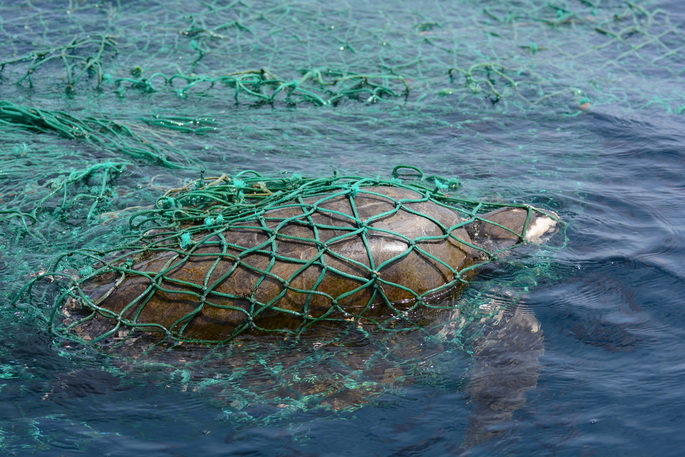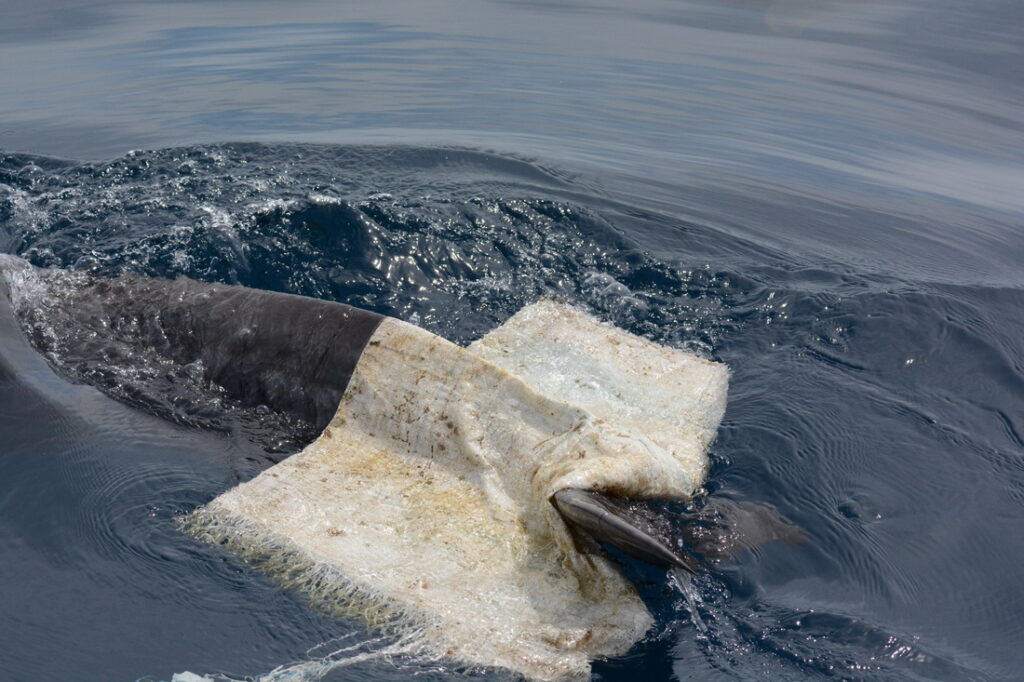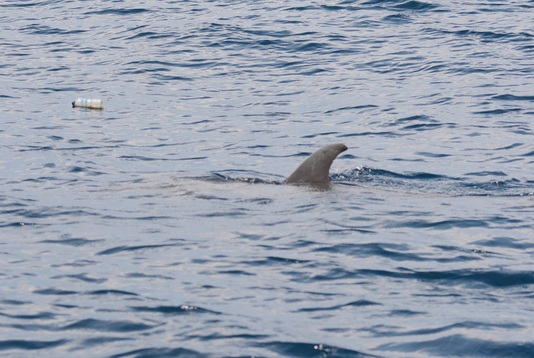By Gigi Veve
Islas Secas, Panama and those islands surrounding along with the main land are an incredibly majestic and special place in the world. The only thing that takes away from its astounding beauty is the immensity of garbage seen everywhere. Over the past few weeks we have seen an assortment of items such as plastics, metals, fabrics, shoes, you name it and most likely we saw it floating in the ocean. Studies have shown that the majority of these items are not getting dumped from boats, but are drifting from land, which is frustrating but means that we have the power to make the difference. We have witnessed a floating fishing net with an entangled sea turtle that unfortunately was dead, plastic bottles surrounding the whales and dolphins we are conducting surveys on, large plastic sacks wrapped around dolphins flukes, and this is a small region in comparison to what is going on in the rest our worlds oceans. Latin America and the Caribbean alone produce 160 million tons of unwanted trash per year, with per capita values ranging from 0.1 to 14kg/capita/day. The highest per capita solid waste generation rates are found in the islands of the Caribbean, which includes the Caribbean coast of Panama (1). We need to take these matters into our own hands and take responsibility for our species impacts on the world. It is out of control right now and we need to do something about it rather than turn our shoulders from it.
We can’t keep having the mentality that it will not have an affect on us, so pick up a piece of garbage because every piece counts. Lets maintain an optimistic attitude and make a difference together, because whether we like to believe it or not this is impacting us.

1. "Waste Generation." URBAN DEVELOPMENT SERIES – KNOWLEDGE PAPERS Waste Generation (n.d.): 9. Web.




